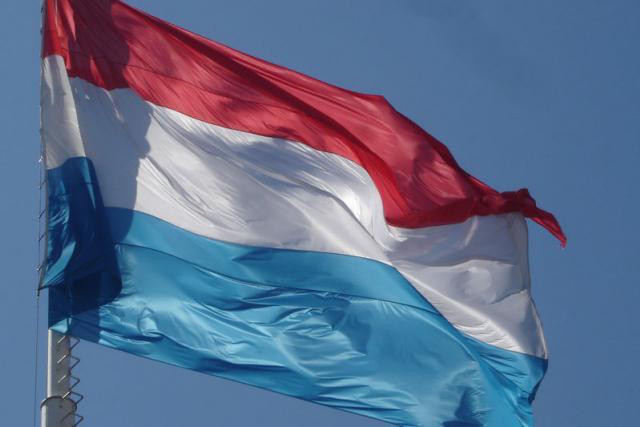After the huge success of the first edition of “Schwätzt Dir Lëtzebuergesch?”, which sold 10,000 copies, the INL published the second level A2 version on 12 September. The launch of the second Luxembourgish textbook is related to the record-breaking registrations for Luxembourgish courses over the last years.
With the growing demand, INL also expanded its services to Belval campus with around 400 courses offered in autumn 2017.
Beside the new A2 textbook, INL published a reworked edition of the A1 level, which compiled its content in a shorter version. The A2 textbook starts with two chapters from the A1 textbook, to then specifically concentrate on A2 level. The book is complemented by audio-visual material which is accessible online: http://sdl.inll.lu.
As for the future, the renovated premises of the language learning centre next to the Glacis will open by February 2018. During the press conference on 12 September, INL also announced their plans for the publication of a third textbook with level B1 for school starting in 2019.
Luxembourgish in vogue
In 2016, INL released a report on their courses’ registration numbers, which visualised the interest in Luxembourgish language. While in 2013, 2852 people were registered, three years later the registrations for Luxembourgish lessons racked up to 3485. According to the same report, the majority of students were French with 3498 registrations. The second biggest population were Portuguese with 2338 learners, followed by 1741 Luxembourgish people who want to improve their native language skills.

Andrea and Ildiko, two Luxembourgish language students, started to take Luxembourgish classes in the summer, as they told Delano on 6 October. Both said that the courses would allow them to obtain Luxembourgish citizenship and that their lessons were partly subsidised by their work place, Vodafone.
When rating the difficulty level of Luxembourgish, their answers were quite diverging; Ildiko said:
“Luxembourgish is not too difficult when you are familiar with German, but the pronunciation is completely different of course."
Andrea rated the difficulty 5 out of 5, explaining:
“as my mother tongue is Spanish and I don’t have any knowledge of German, for me it is challenging but with dedication from my side I will be able to speak it in a short to medium time period.”
For the two, mastering the native language is a vital step towards integration, as Ildiko noted: “people appreciate already the basic sentences”, and Andrea added: “learning the language will have a huge impact on my life as I want to integrate into the community and achieve my goal of learning a 5th foreign language.”
